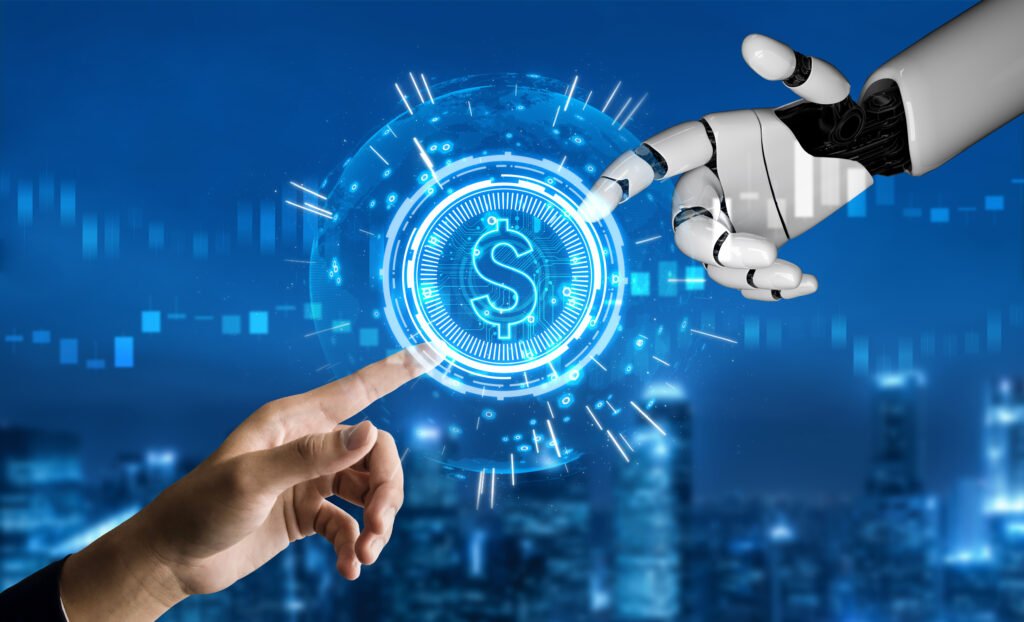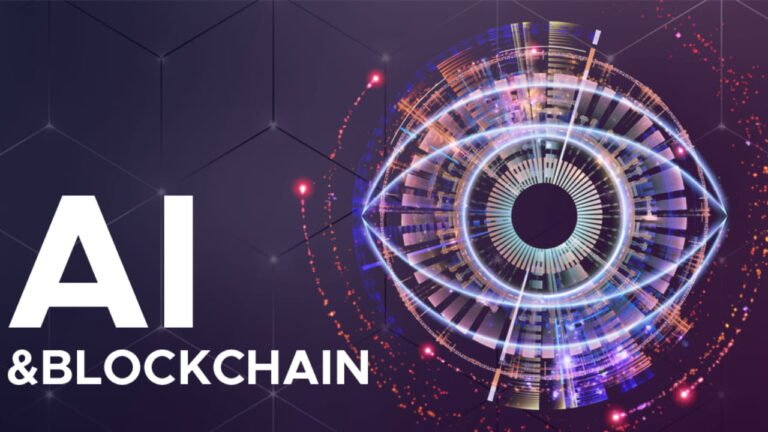AI and Blockchain Revolution 2025 Experts and business executives predict combining artificial intelligence (AI) with blockchain technology. They will completely change sectors and produce transforming “watershed events” by 2025. These two innovative technologies will open hitherto unheard-of chances for innovation, efficiency, and transparency. They are across industries, including banking, healthcare, supply chain management, and government, as they intersect more often. This combination is poised to completely rethink corporate operations, data management, and trust building in digital environments.
AI & Blockchain Transforming Data Security
Capacity to evaluate enormous volumes of data and produce insightful analysis, artificial intelligence. (AI) has already shown its worth in streamlining procedures and guiding decisions. With a Distributed and unchangeable ledger system, Blockchain technology offers a safe and open foundation for maintaining data. The transaction records together these technologies can solve one another’s shortcomings and enhance their strengths. For example, although blockchain can offer the data integrity and security required. To establish confidence in artificial intelligence systems, AI may improve the scalability and efficiency of the blockchain.
Data management and privacy are essential fields that the convergence of blockchain and artificial intelligence will likely influence. Artificial intelligence systems mainly depend on data to train models and generate predictions, but data privacy and security issues have sometimes made their acceptance difficult. By allowing safe, dispersed data sharing, blockchain technology can help to solve these issues. Using blockchain, people and companies may keep ownership over their data while letting AI systems access and evaluate whether it is open and auditable. Particularly in sensitive sectors like healthcare and banking, this could inspire. The creation of more moral and reliable artificial intelligence systems.
In the financial industry, the combination of blockchain and artificial intelligence. This is poised to upend established processes and generate fresh, innovative possibilities. While blockchain guarantees the openness and security of financial transactions, AI-powered algorithms may examine market trends, detect fraud, and maximize trading tactics. These technologies will allow the development of more inclusive, fraud-resistant, efficient distributed financial systems (DeFi). For instance, AI-driven smart contracts on blockchain systems might automate complex—financial deals, minimizing the need for intermediaries and transaction costs.

Supply chain management is another area where blockchain and artificial intelligence are predicted to be very beneficial. The capacity of blockchain to offer a tamper-proof record of transactions would improve the supply chain. Openness helps companies and customers follow the path of items from their source. By forecasting demand, spotting inefficiencies, and automating decision-making processes, artificial intelligence may help supply chain operations be even more optimized. These technologies, Particularly in agriculture, manufacturing, and logistics, help build more sustainable and resilient supply chains.
The junction of blockchain and artificial intelligence also promises to help the healthcare sector. Artificial intelligence is already showing promise in the diagnosis of diseases, therapy customization, and quickening of drug discovery. However, the delicate character of healthcare data has given privacy and security issues cause worry. Medical records can be securely stored and shared on blockchain platforms, safeguarding patient data while allowing access to authorized artificial intelligence systems. Faster medical innovations, better patient outcomes, and more accurate diagnoses could follow this.
Furthermore, governments and public entities are the possibilities of artificial intelligence and blockchain to enhance public services and governance. Whiinvestigated by artificial intelligence helps maximize resource allocation and decision-making, blockchain’s openness and immutability can help build faith in government activities. Blockchain-based voting systems driven by artificial intelligence, for instance, might guarantee fair and open elections, therefore lowering the danger of fraud and raising voter confidence. Likewise, artificial intelligence-driven analytics combined with the data integrity of blockchain could increase public welfare program efficiency and help to lower corruption.
Though Blockchain is Revolutionizing convergence and artificial intelligence has great promise, specific issues must be solved, including ethical and legal issues and technical challenges, including scalability and interoperability. Realizing the full potential of these technologies will depend critically on their being used appropriately and fairly. Governments, companies, and technology providers must cooperate to build a framework that promotes innovation while safeguarding consumers’ rights and interests.
Final Thoughts
By 2025, the junction of artificial intelligence and blockchain is expected to generate revolutionary “watershed events” that will revolutionize sectors and open fresh development and innovation prospects. Combining blockchain security and transparency with AI’s analytical ability will help to solve some of the most urgent problems of the digital age. The world is about to enter a new phase of efficiency, trust, and creativity as companies and governments increasingly choose these technologies. Blockchain and artificial intelligence’s future is about building a more linked, open, and fair society rather than only about technology growth.


